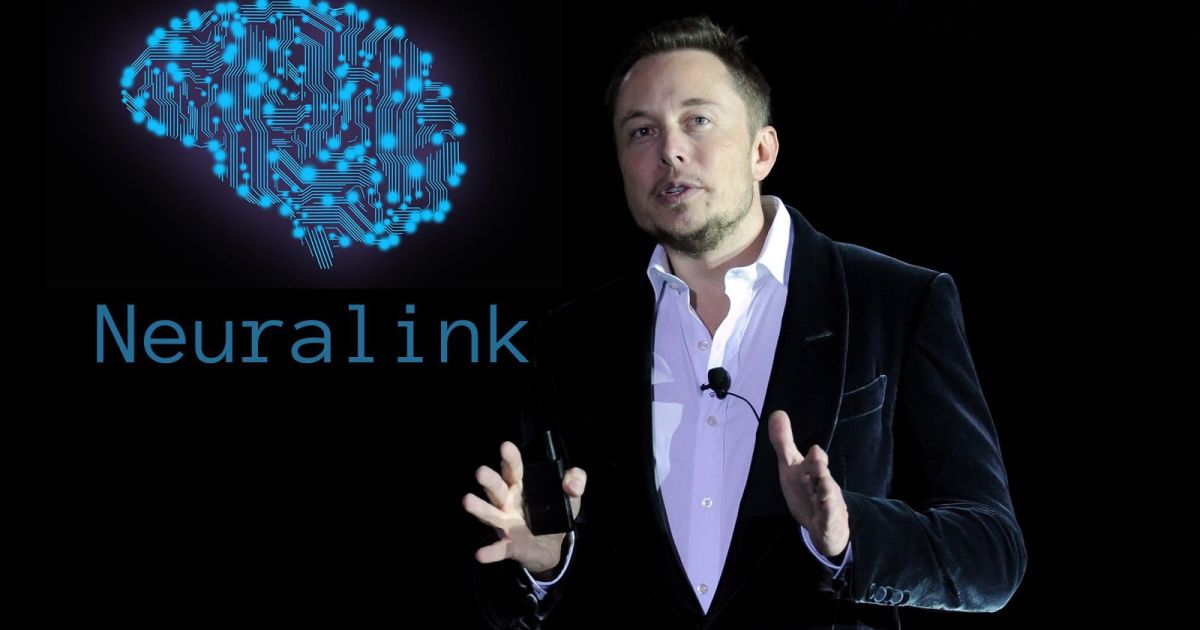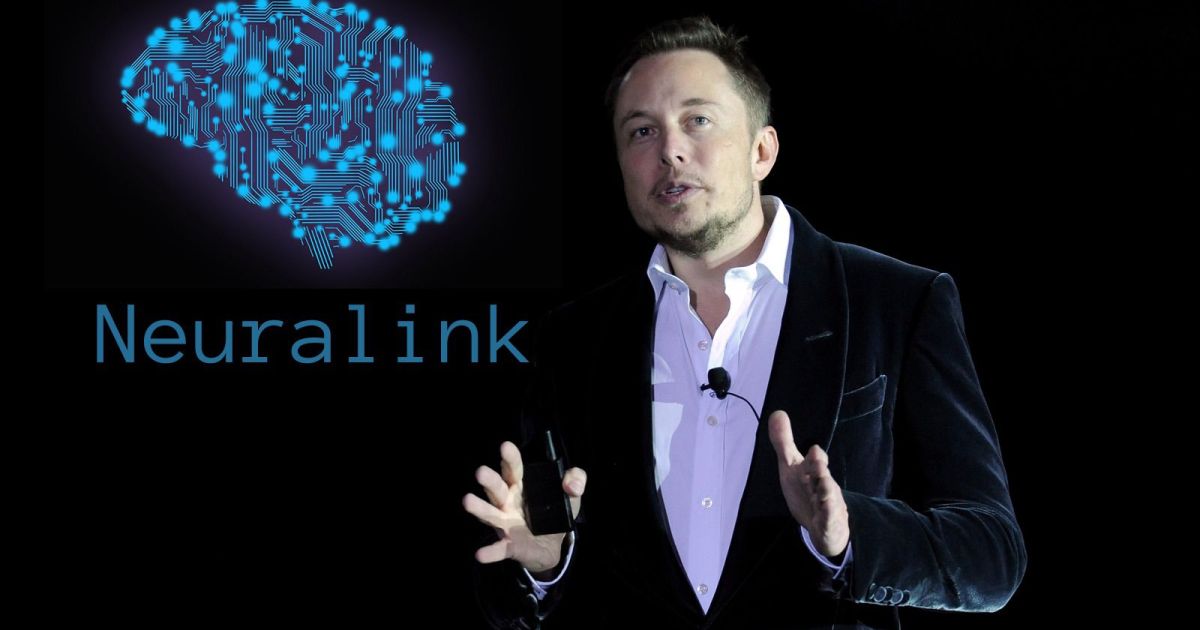
Seven years after its launch, Elon Musk’s Neuralink company has finally secured approval from the U.S. Food and Drug Administration (FDA) to implant a computer inside a human brain.
“We are excited to share that we have received the FDA’s approval to launch our first-in-human clinical study,” Neuralink tweeted on Thursday. “This is the result of incredible work by the Neuralink team in close collaboration with the FDA and represents an important first step that will one day allow our technology to help many people.”
Neuralink is working on technology that links the human brain to a computer interface for a system that could help people with neurological conditions to communicate with and control various devices. A person with paralysis, for example, would be able to use their phone merely by imagining their hand movements. But according to Musk, the project’s long-term ambition is to equip humans with “superhuman cognition.”
The timing of the approval fits with Musk’s announcement in November 2022 that Neuralink had applied to the FDA for approval, saying at the time that he expected the regulator to take about six months to reach a decision.
The big question now is precisely how Neuralink will select trial participants from those who put themselves forward.
The company said on Thursday that recruitment for the clinical trial “is not yet open” but promised to “announce more information on this soon.”
Musk said last year that he planned to have the device implanted in his own brain, but few expect him to be one of the trial’s initial participants.
Earlier, the FDA had raised a number of issues that it wanted Neuralink to address before it would consider giving the go ahead for human trials, Reuters reported. They concerned the device’s lithium battery, the risk of the implant’s wires migrating within the brain, and how to ensure the device’s safe extraction without causing harm to brain tissue.
In an earlier demonstration of its brain implant, Neuralink showed a monkey playing Pong just by thinking about it, and also moving a mouse cursor through its thoughts. The company has come under fire for its use of animals for testing, but Musk has always claimed the animals are treated humanely.
Other researchers have been developing similar technology to Neuralink. A device called BrainGate, for example, has allowed a paralyzed man to communicate his thoughts by converting his imagined handwriting into text.
Editors’ Recommendations
Services Marketplace – Listings, Bookings & Reviews
